Excel has hundreds of millions of users and is the world’s most popular spreadsheet software. Excel’s simplicity of data organisation has ensured it’s the most frequently used tool for reporting. But it doesn’t take long for your business to accumulate big data which is far beyond the program’s capacity.
Once this happens, you’re left with desktop spreadsheets that can’t be shared or updated in real-time, or give you a complete picture of all of your company’s data.
More and more business are escaping Excel hell and implementing dedicated reporting solutions. These solutions are designed for the advanced needs of businesses today. That means you can gain complete mastery of your data and use it to move your business into the future.
Why you need to move away from Excel
While Excel may have gotten the job done while you were launching your business, there’s a good chance it’s holding you back now. Here’s why:
It’s slow
Most Excel users are storing their files locally on their computer. That means that if several team members want to work on reports with the same data, they need to have identical copies of that file.
Sure, it’s easy to share files via emails. But it’s inevitable that some cell values will be changed once employees begin building a report. That means that each person will have a different version of the file, each with slightly different data.
When you have multiple reports with multiple versions and users, you’ll soon have a headache trying to keep it all straight. Not long after that, you can expect to be dealing with inaccurate insights and information.
 Most Excel users are storing their files locally on their computer. That means that if several team members want to work on reports with the same data, they need to have identical copies of that file.
Most Excel users are storing their files locally on their computer. That means that if several team members want to work on reports with the same data, they need to have identical copies of that file.
Sure, it’s easy to share files via emails. But it’s inevitable that some cell values will be changed once employees begin building a report.
That means that each person will have a different version of the file, each with slightly different data.
When you have multiple reports with multiple versions and users, you’ll soon have a headache trying to keep it all straight. Not long after that, you can expect to be dealing with inaccurate insights and information.
Accuracy and ownership is debatable
Most Excel users are storing their files locally on their computer. That means that if several team members want to work on reports with the same data, they need to have identical copies of that file.
Sure, it’s easy to share files via emails. But it’s inevitable that some cell values will be changed once employees begin building a report. That means that each person will have a different version of the file, each with slightly different data.
When you have multiple reports with multiple versions and users, you’ll soon have a headache trying to keep it all straight. Not long after that, you can expect to be dealing with inaccurate insights and information.
It’s tedious
Excel gives users the ability to model what-if scenarios, calculate different equations, and complete complex financial tasks. But the way it does this is tedious and lengthy. Since it relies on manual data entry, employees end up wasting time re-entering data across multiple spreadsheets. These employees could be working on more important tasks.
Focus on insights instead of data
Once you escape Excel hell, you’ll never look back. That’s because a great business reporting solution will help you avoid information overload and instead get your hands on the trends and insights you need to grow your business.
Excel has been a useful tool for businesses both large and small over the years. It’s capable of complex calculations, producing graphs and charts, and more. But most business owners have failed to exploit all of its potential, but still managed to outgrow Excel. That’s because at its core, Excel is basically a giant calculator and data storage system.
Most businesses will eventually need more than a spreadsheet. They’ll need a database to store codes, text, images, and use logical patterns to organise important information. Business reporting software and databases can automatically update information across multiple departments, and find relationships between data. And they do it all in real-time.
You may be worried that the move from Excel to a better reporting solution will be expensive and time-consuming. But when you work with an experienced software development company, you’ll find that escaping Excel hell is easier than you thought.
Most business reporting solutions and databases will allow you to import and export data between spreadsheets. That means all of the data you currently have floating around in spreadsheets can be uploaded to provide you with historical trends and insights. And if you still occasionally like to use Excel, you can simply export data into manageable spreadsheets.
The benefits of finally moving away from Excel far outweigh any short-term inconvenience. And your staff are likely to thank you as they no longer have to juggle multiple versions of spreadsheets and waste time on data entry.
If you’d like to escape Excel hell, get in touch today. We’d love to show you how we can make the transition smooth and easy while giving you better insights into what is and isn’t working in your business.




